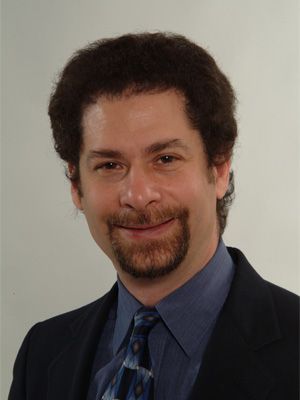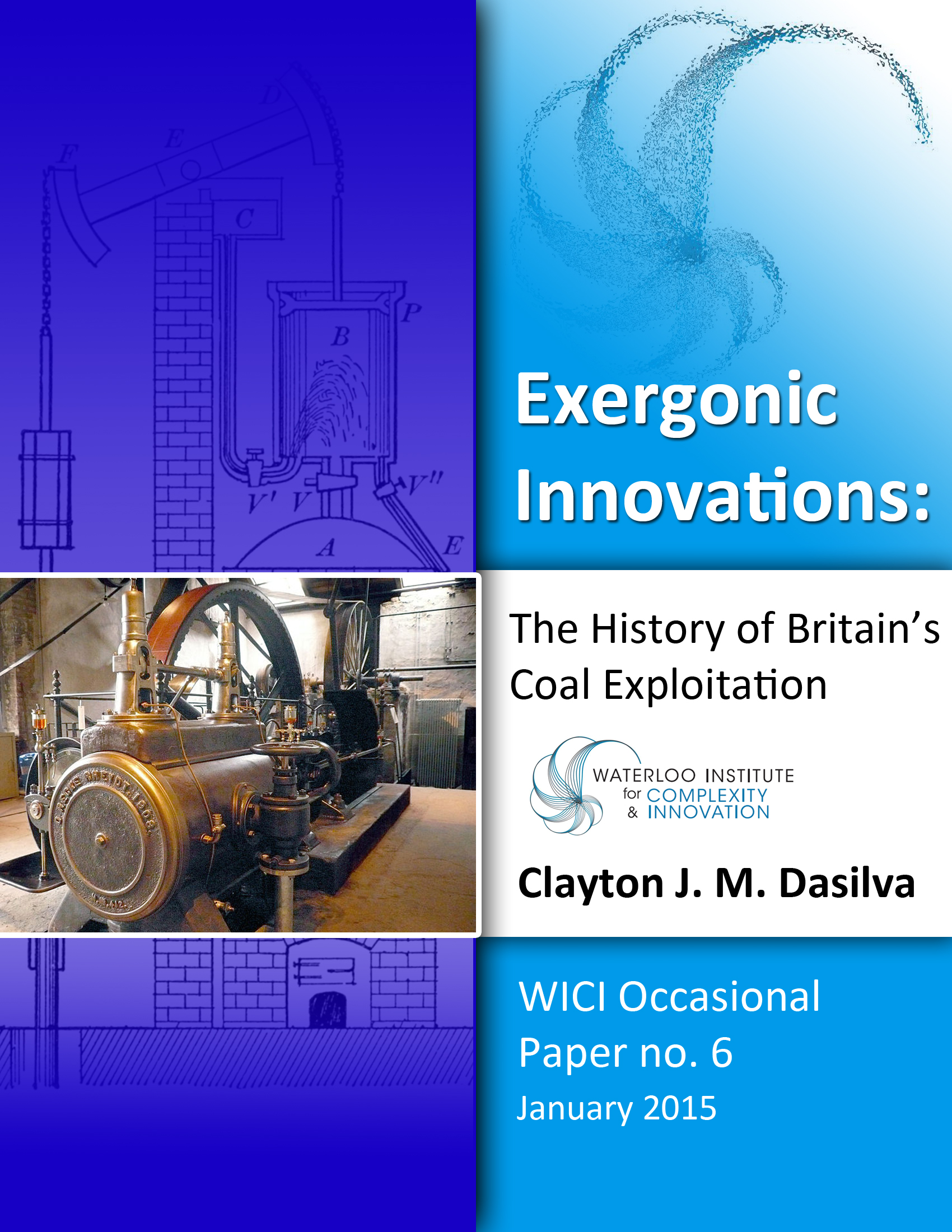Thomas Bury

Thomas Bury is a PhD candidate in Applied Mathematics at the University of Waterloo, working under the supervision of Dr. Chris Bauch. Previously, he completed the Mathematical Tripos at the University Cambridge with first class honours, specialising in applications to biological and theoretical physics. His desire to work in mathematical modelling came about during a Summer research post with mathematical biologist Dr. Julia Gog, where he analysed the spatio-temporal dynamics of the Influenza outbreak that disturbed the UK in 2009.
Thomas’ current research concerns the mathematics surrounding regime shifts (critical transitions) in complex systems. Due to nonlinear interactions, these systems often exhibit multistability, typically involving states that are preferable over others. Sudden transitions to undesirable states are not uncommon in real-world systems, and so Thomas hopes to contribute to the active and exciting area of developing and quantifying early warning signals for these transitions. His 3-Minute-Thesis video motivates this work.
Alongside research, Thomas is an active volunteer for the charitable organisation ‘Let’s Talk Science’ and sits on the Senate Graduate and Research Council. A keen teacher, he works closely with the Centre for Teaching Excellence to develop engaging and intuitive lessons for his students.
“Let’s Talk Science”
Latest News



